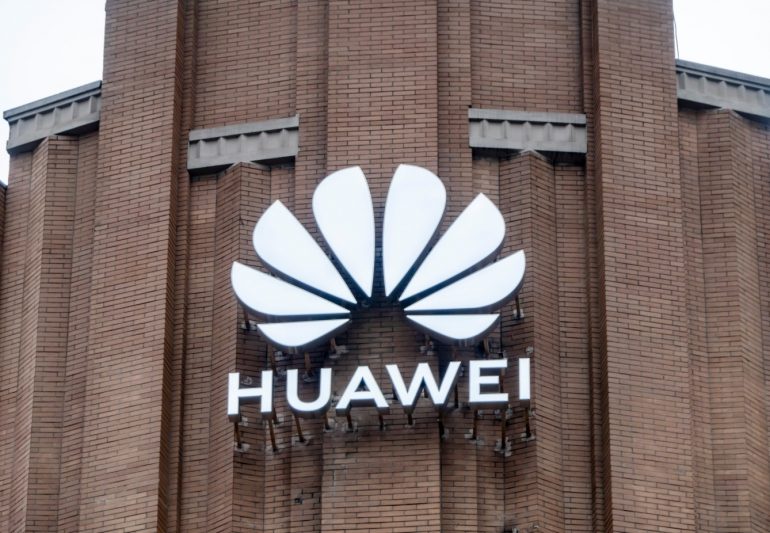The Federal Communication Commission has declared Chinese telecom giants Huawei and ZTE “national security threats,” a move that will formally ban U.S. telecom companies from using federal funds to buy and install Huawei and ZTE equipment.
FCC chairman Ajit Pai said that the “weight of evidence” supported the decision. Federal agencies and lawmakers have long claimed that because the tech giants are subject to Chinese law, they could be obligated to “cooperate with the country’s intelligence services,” Pai said. Huawei and ZTE have repeatedly rejected these claims.
“We cannot and will not allow the Chinese Communist Party to exploit network vulnerabilities and compromise our critical communications infrastructure,” the Republican-majority FCC said in a separate statement.
The order, published by the FCC on Tuesday, said the designation takes immediate effect, but it’s not immediately clear how the designation changes the status quo.
In November of last year, the FCC announced that companies deemed a national security threat would be ineligible to receive any money from the Universal Service Fund. The $8.5 billion fund is the FCC’s main way of purchasing and subsidizing equipment and services to improve connectivity across the country.
Huawei and ZTE were “initially designated” as security threats at the time, but the formal process of assigning them that status (and considering the companies’ objections) has taken place in the intervening months, resulting in today’s declaration.
"Forbes Georgia-ის სარედაქციო ბლოგპოსტების სერია "როგორ გამდიდრდა“ და "საქართველო რეიტინგებში".














